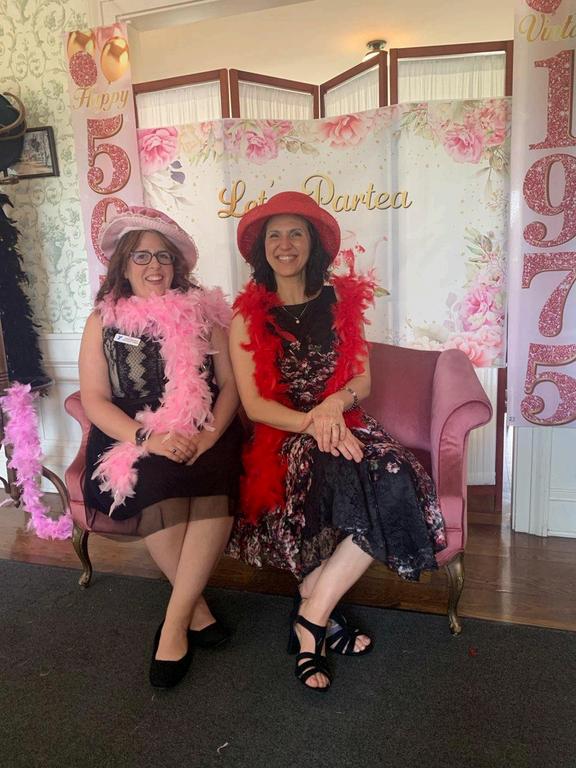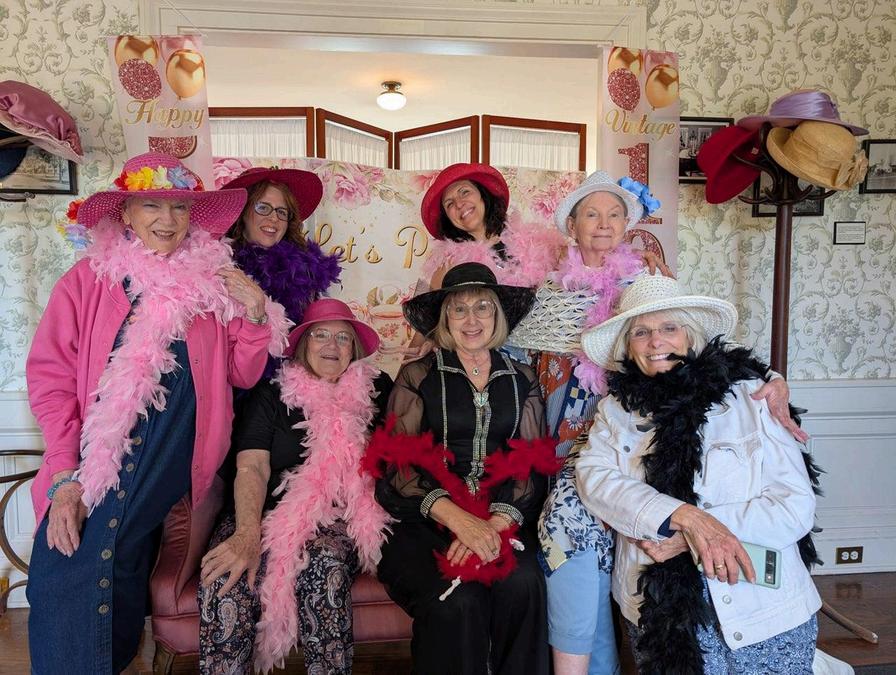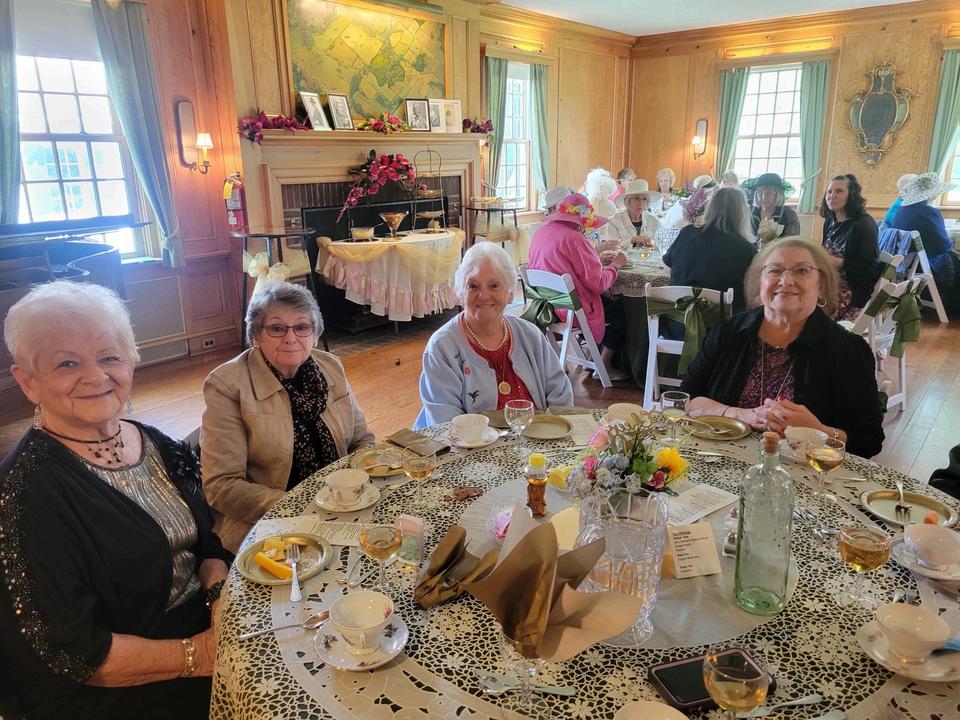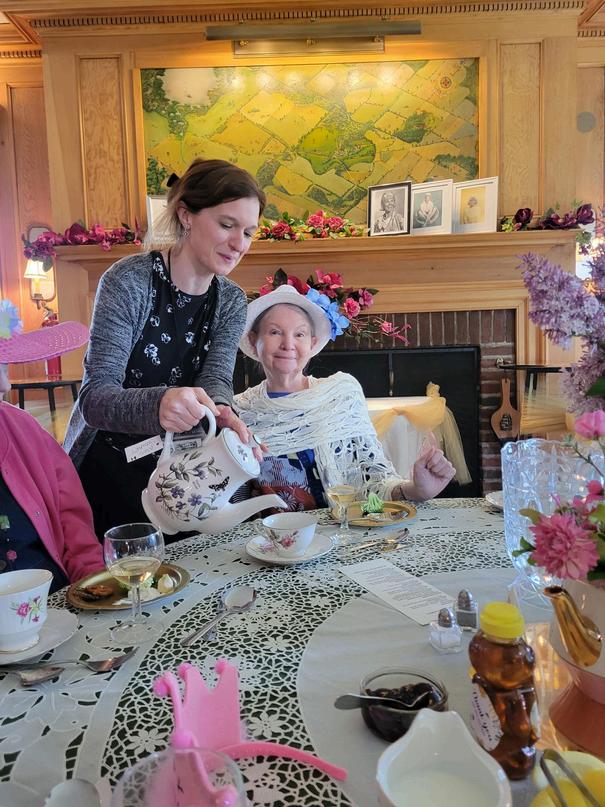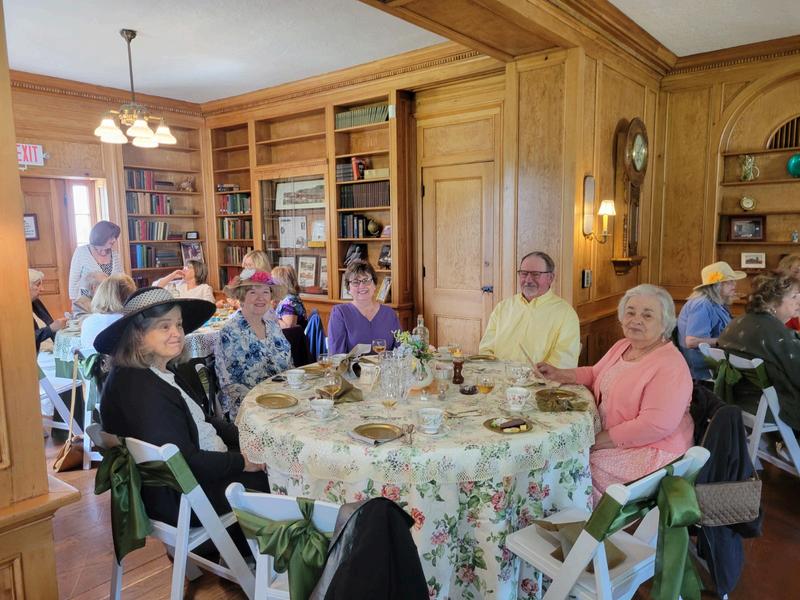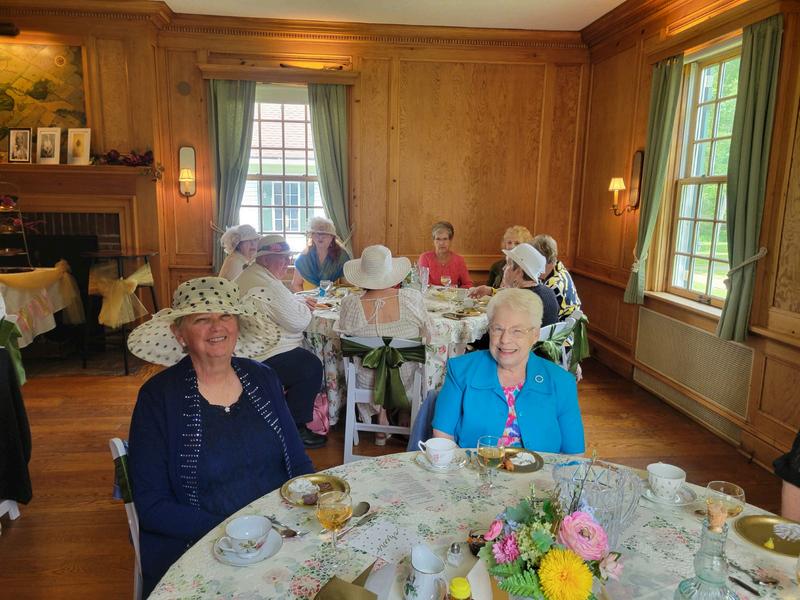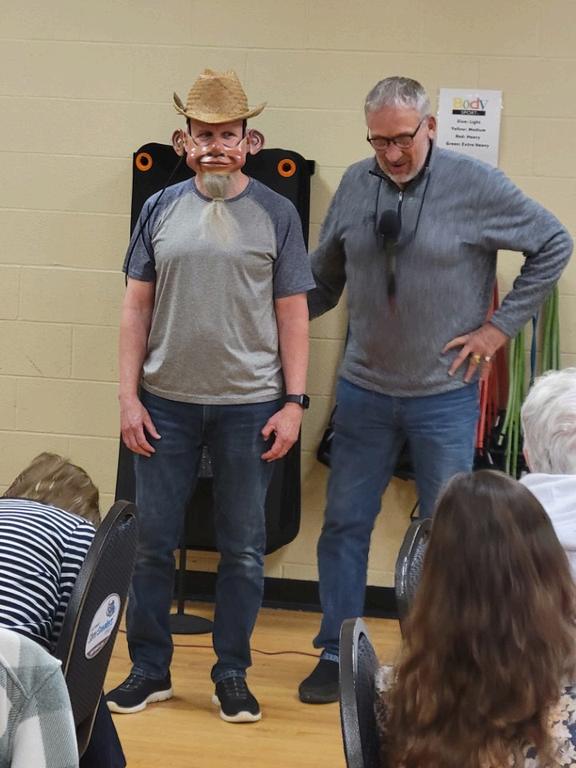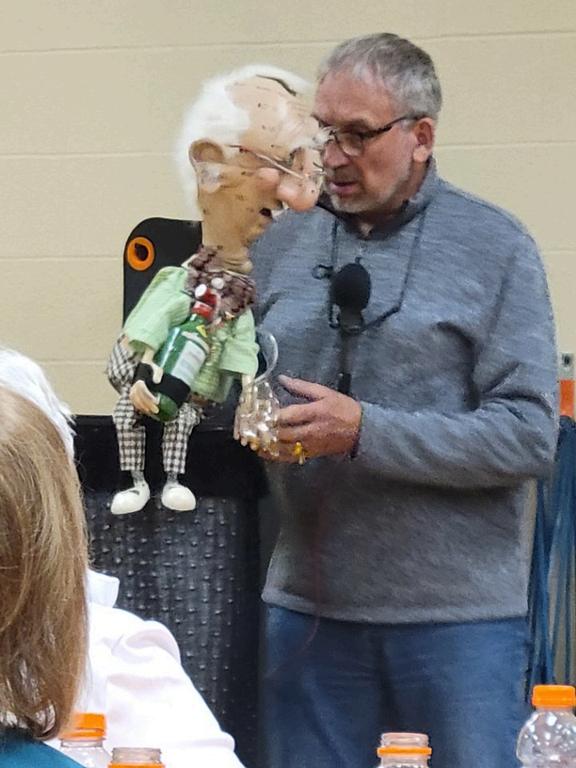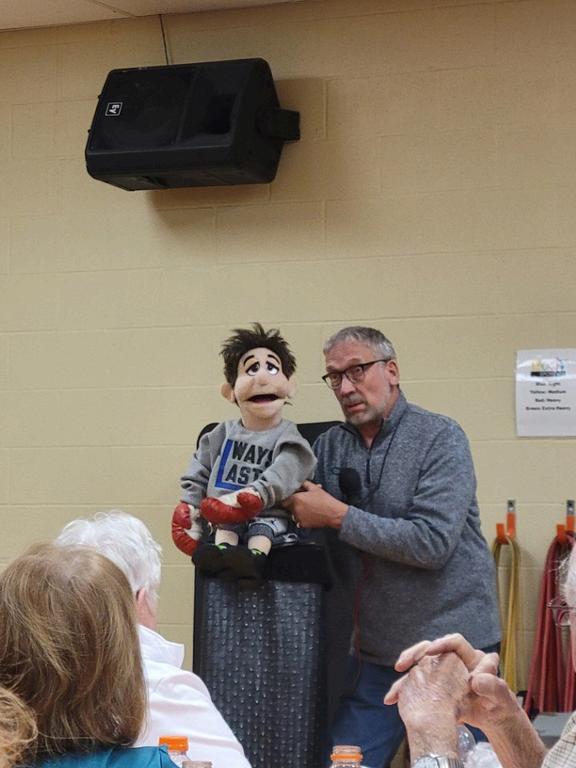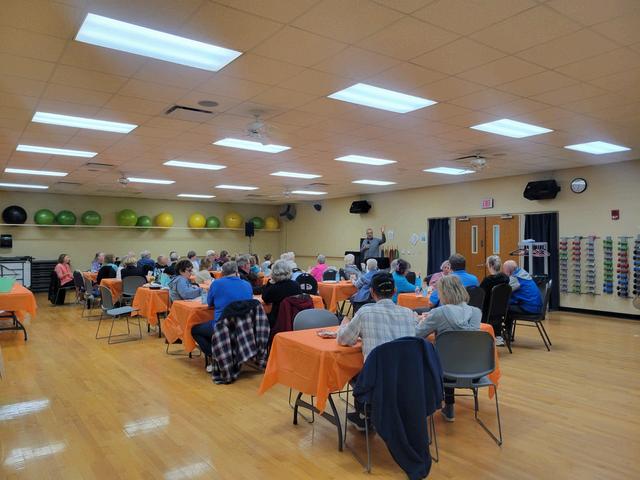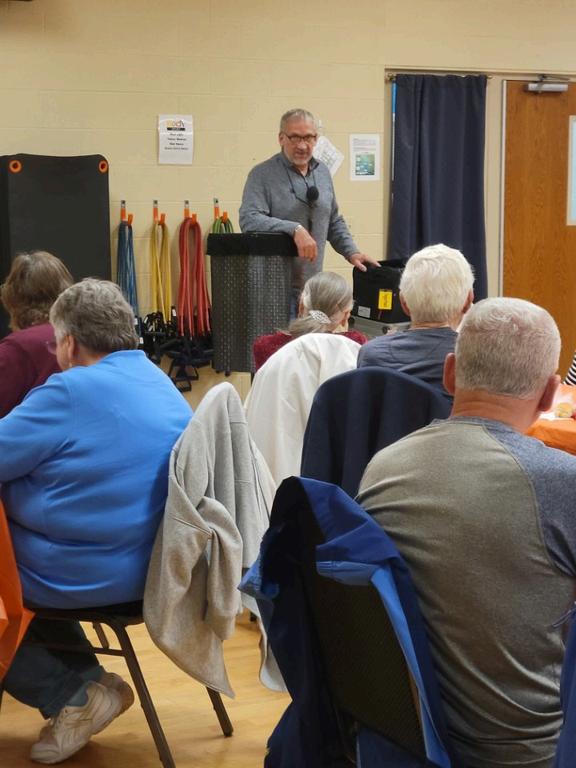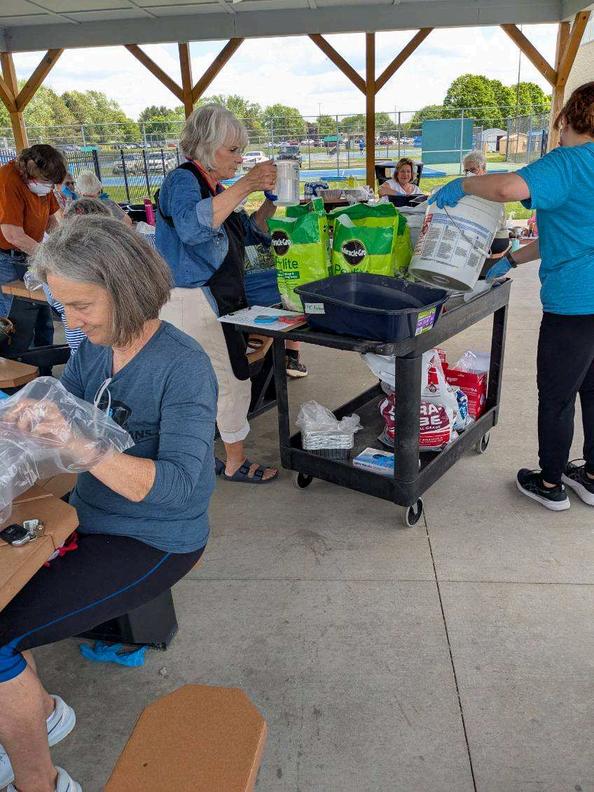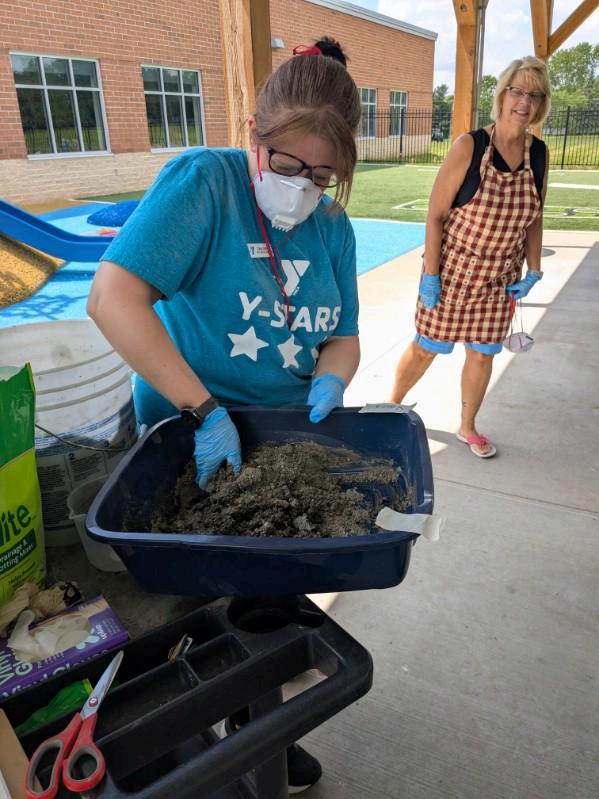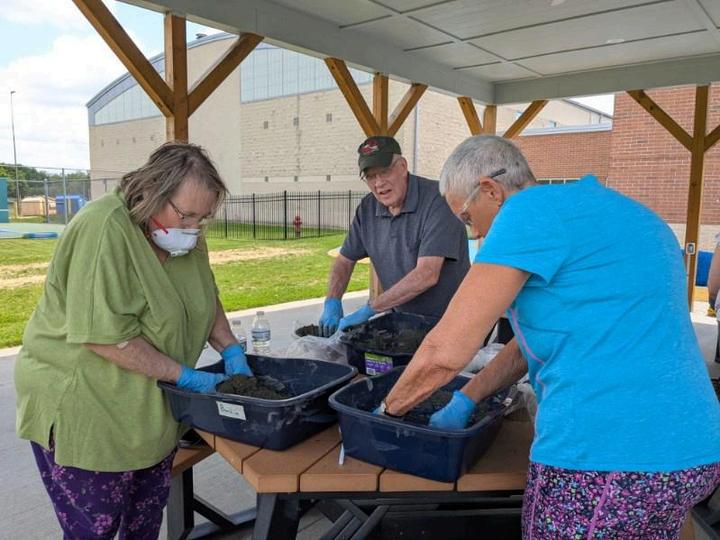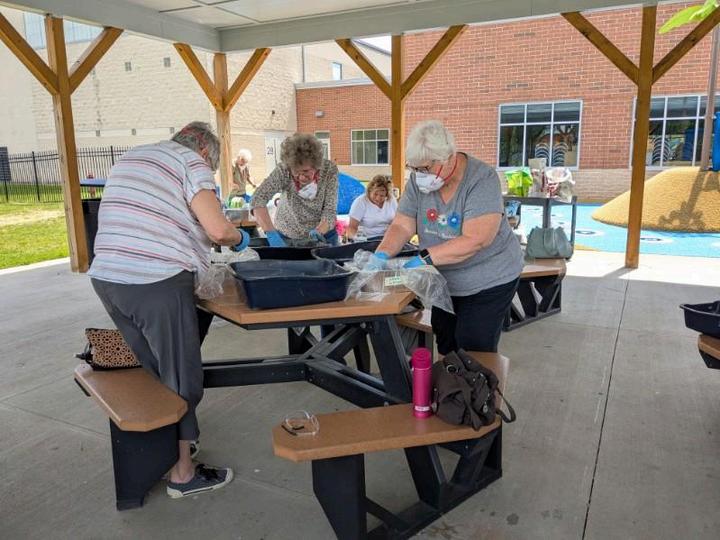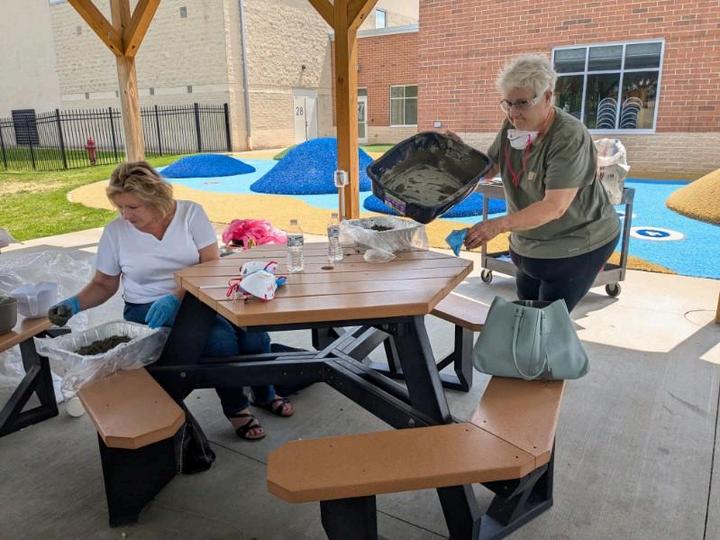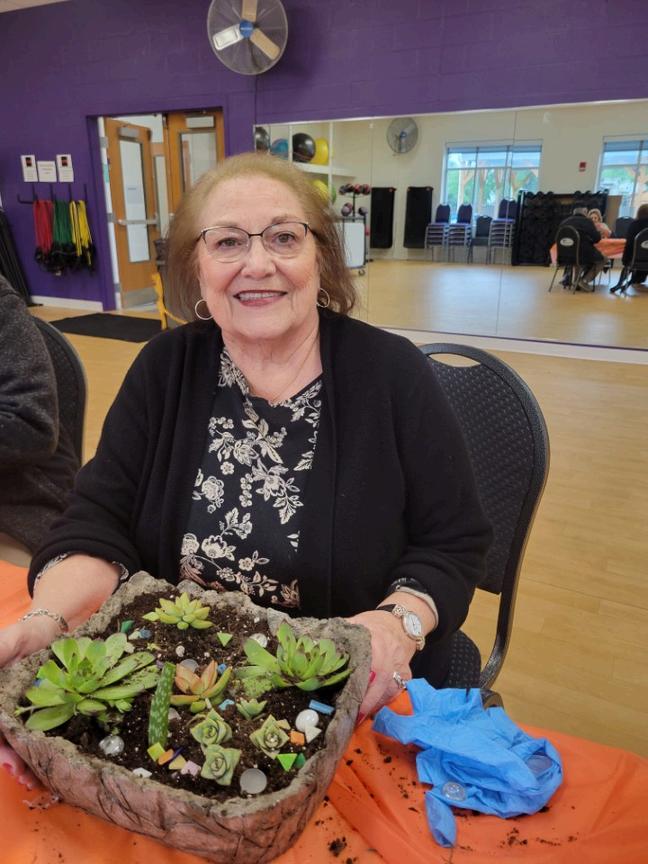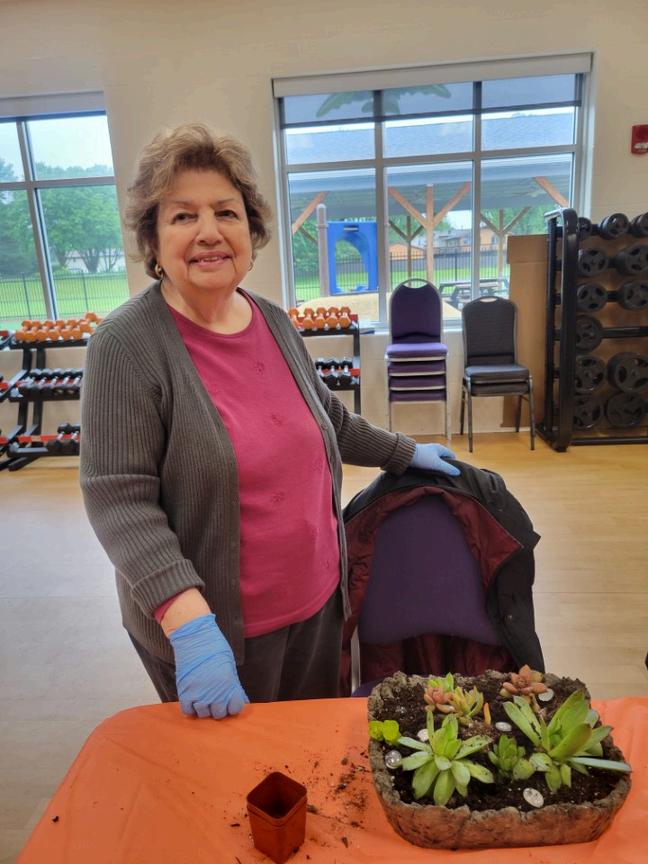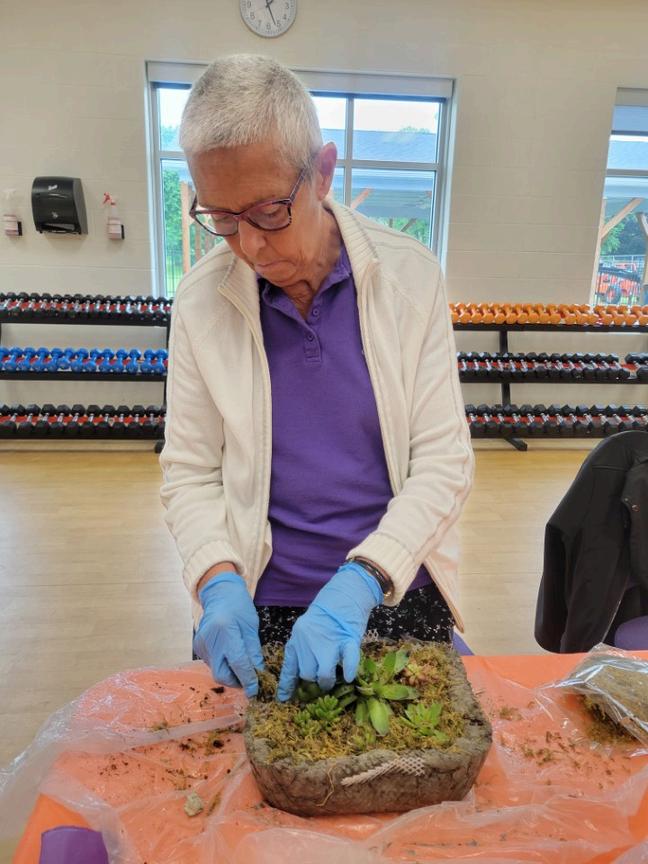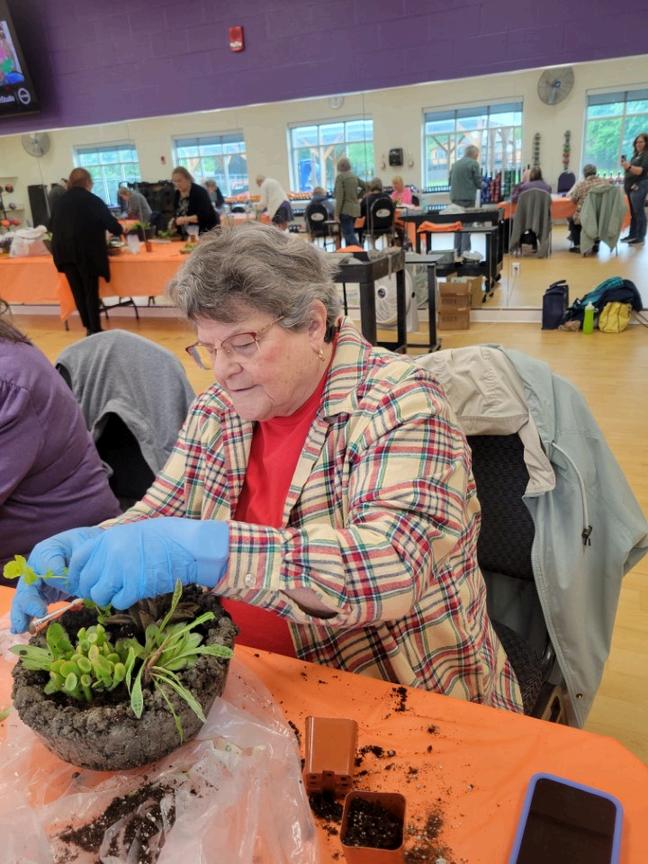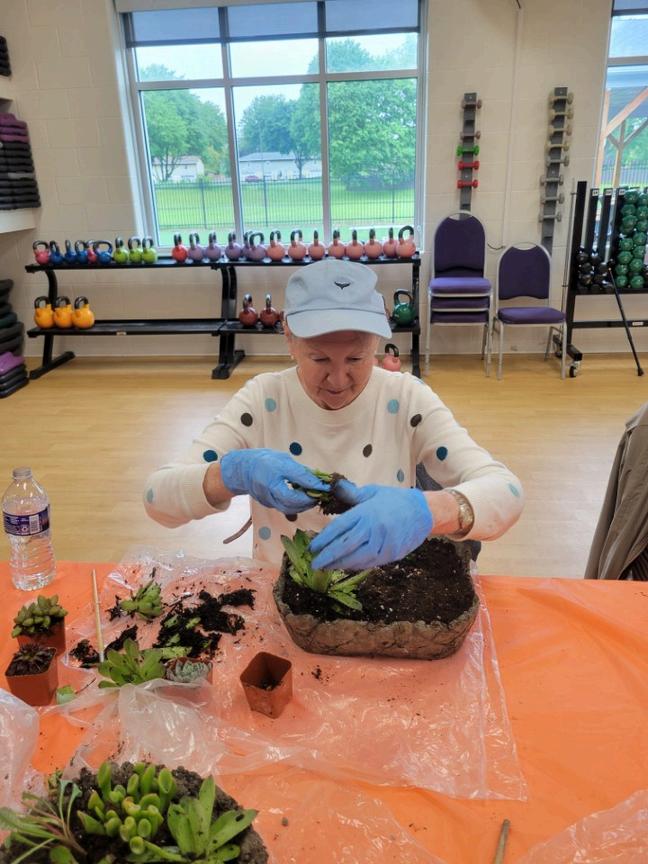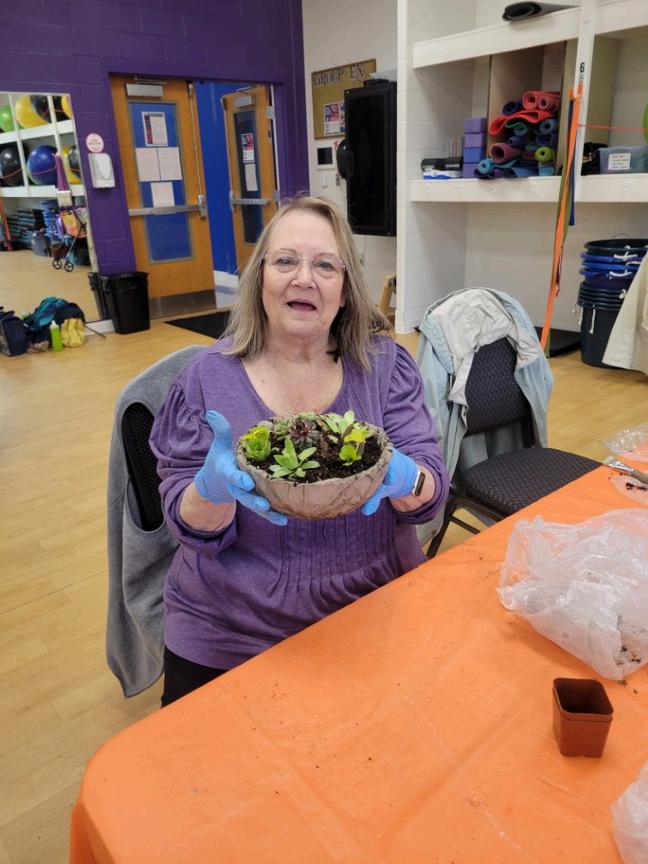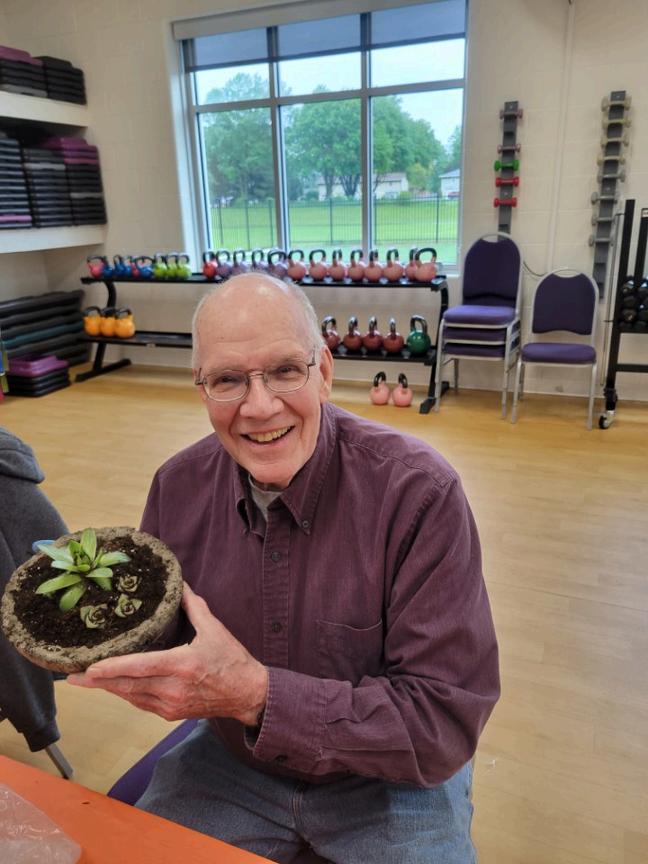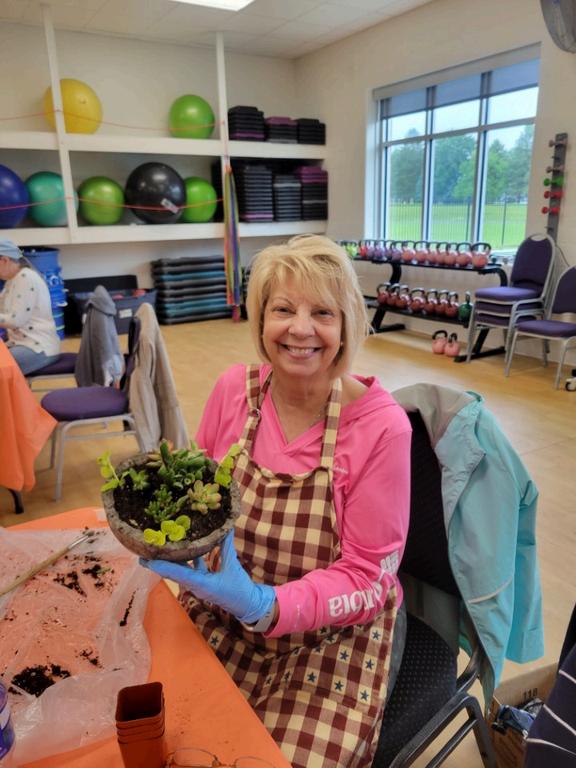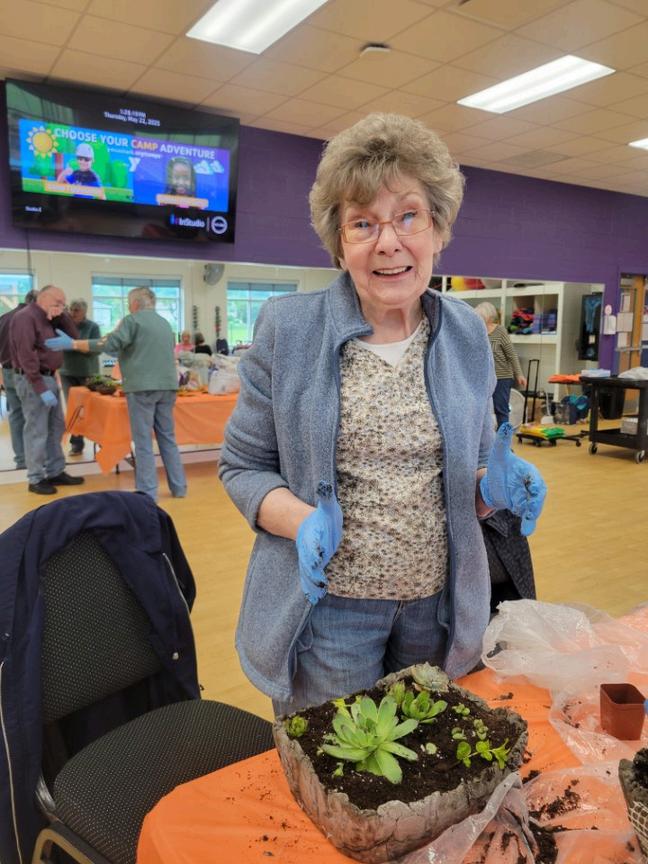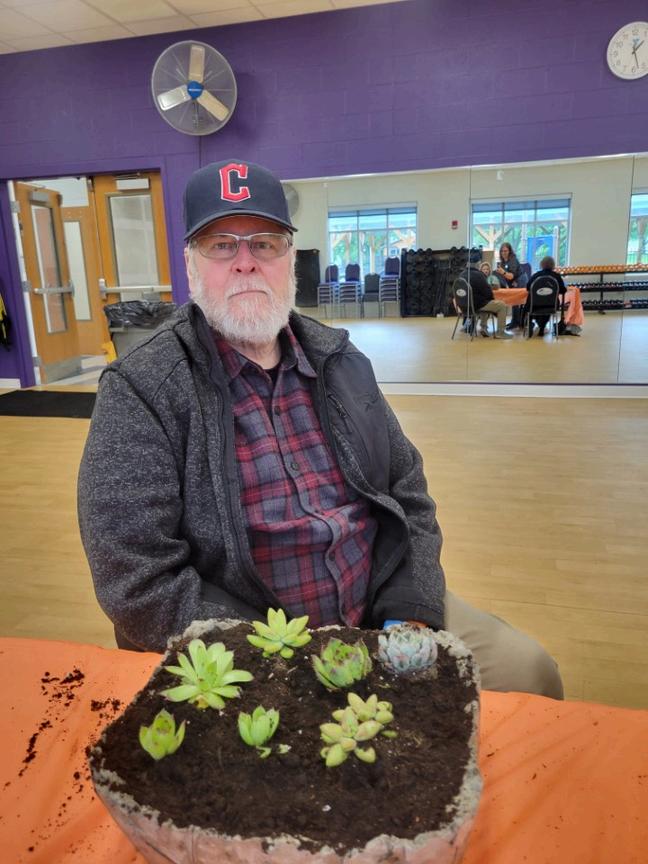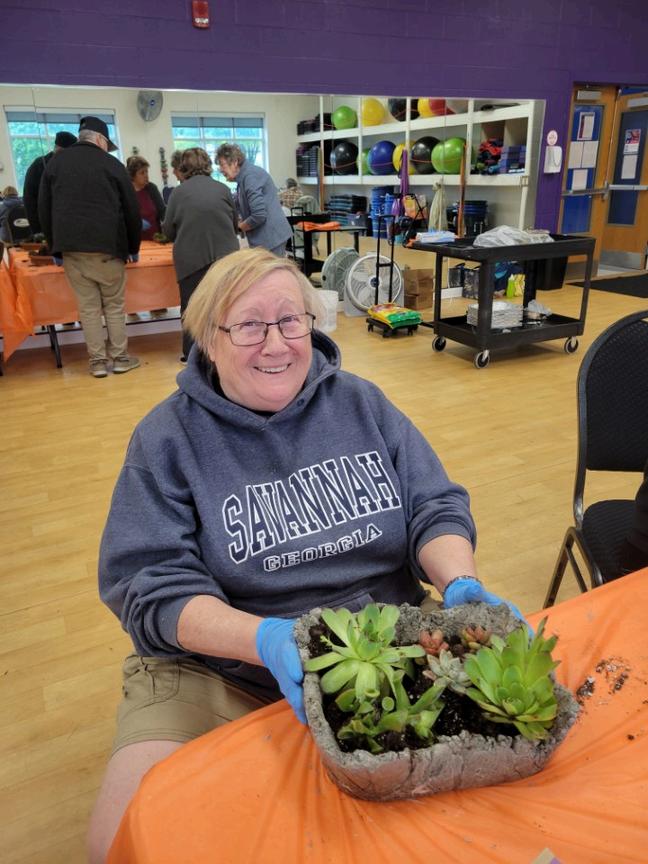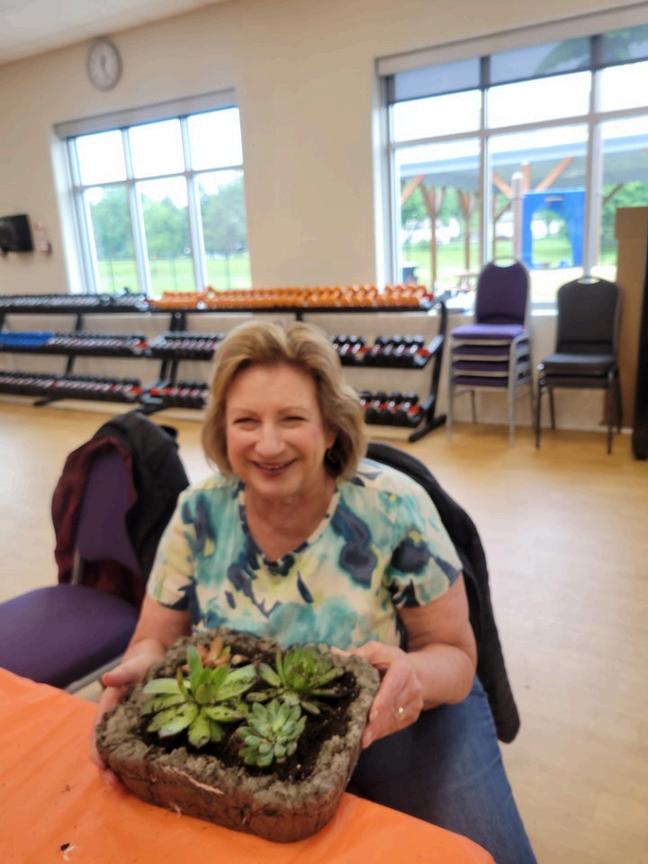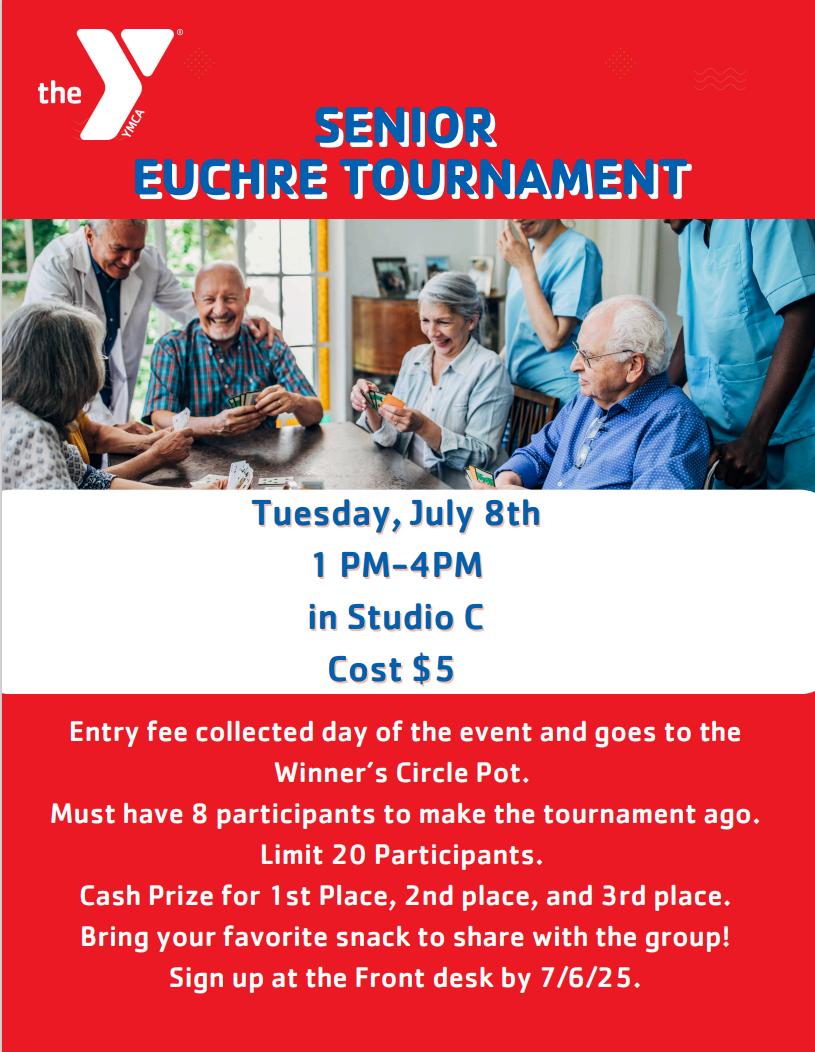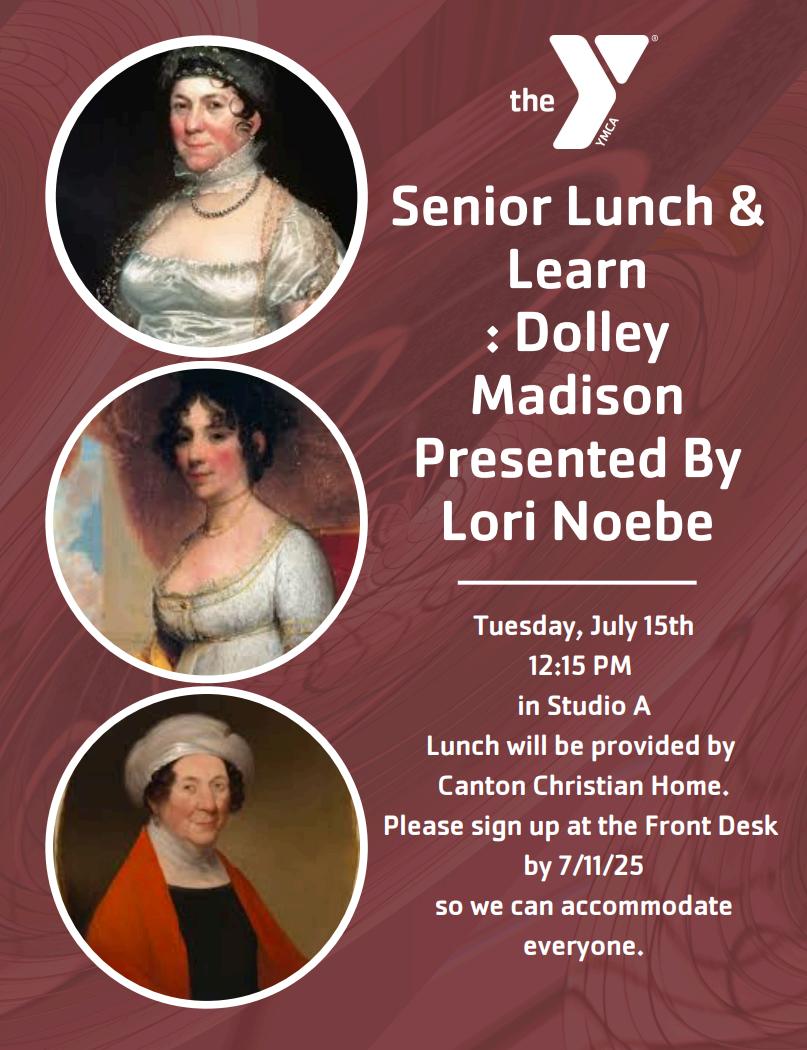Senior Euchre Tournament
Senior Euchre Tournament
Tuesday, July 8th
@ 1 PM - 4:00 PM
Senior Bingo Senior Bingo
Thursday, July 10th
@ 12:15 PM
Senior Lunch & Learn: Dolley Madison
Senior Lunch & Learn: Dolley Madison
Tuesday, July 15th
@ 1 2:15 PM
Senior Summer Hoedown & Picnic
Senior Summer Hoedown & Picnic
Wednesday, July 16th
@ 12:30 PM
Senior Lunch & Learn: Wellness Dogs Senior Lunch & Learn: Wellness Dogs
Thursday, July 17th
@ 12:15 PM
Coming Soon August Coming Soon August: :
8/5 Senior Bingo with the Canton Regency 8/5 Senior Bingo with the Canton Regency
Senior Lunch & Learn: Roundabouts/Carfit
Senior Lunch & Learn: Roundabouts/Carfit
Tuesday, July 22nd
@ 12:15 PM
8/6 Senior T-shirt Making Class 8/6 T-shirt Making Class
8/12 Senior Picnic & Painting 8/12 Senior Picnic & 8/15 Senior Lunch & Learn: Vertigo Talk 8/15 Senior Lunch & Learn: Vertigo Talk
8/19 Senior Card Game: Frustration
8/19 Senior Card Game: Frustration
8/20 Senior Outreach: Making Sniffle Mats, Tug Toys and Blankets
8/20 Senior Outreach: Making Sniffle Mats, Tug Toys and Blankets for Animal Rescue for Rescue
Senior Lunch Outing: Taggarts
Senior Lunch Outing: Taggarts
Wednesday, July 23rd
@ 11:30 AM
Lots more in the works! Lots more in the works! Stay tuned!! Stay tuned!!
What’s the Difference Between Alzheimer’s and Dementia?
By Korin Miller | June 17, 2025
Here’s what every older adult should know about these often-misunderstood conditions.
Alzheimer’s disease and dementia are often used interchangeably, but they’re not the same thing. Knowing the difference can help you or a loved one better navigate symptoms, treatment options, and everyday challenges. Alzheimer’s vs. Dementia: A Quick Overview
Dementia is a general term for a decline in mental ability that interferes with daily life.
Alzheimer’s disease is the most common cause of dementia – but it’s just one type. Let’s take a closer look.
What Is Alzheimer’s Disease?
Alzheimer’s disease is a progressive, irreversible brain disorder that slowly destroys memory and thinking skills, according to the National Institute on Aging.
“It’s caused by a buildup of abnormal proteins in the brain,” explains Daniel Franc, M.D., neurologist at Providence Saint John’s Health Center in Santa Monica, California. “Over time, these changes interfere with basic daily functions.”
Key Facts:
More than 5 million Americans are currently living with Alzheimer’s.
The most common form, late-onset Alzheimer’s, typically appears after age 65. A rare form, early-onset Alzheimer’s, can affect people as early as their 30s or 40s.
What Is Dementia?
Dementia isn’t a specific disease. Instead, it’s an umbrella term that describes a group of symptoms affecting memory, thinking, and social skills. These symptoms are severe enough to interfere with daily life, according to the Mayo Clinic.
“Alzheimer’s is just one form of dementia,” says Amit Sachdev, M.D., director of neuromuscular medicine at Michigan State University.
Other Common Types of Dementia:
Vascular dementia: Often follows a stroke or other damage to brain blood vessels. Lewy body dementia: Linked to abnormal protein deposits in the brain.
Frontotemporal dementia: Caused by damage to the brain’s frontal and temporal lobes. Mixed dementia: Involves multiple types, such as Alzheimer’s and vascular dementia combined.
Important Note:
Everyone with Alzheimer’s has dementia, but not everyone with dementia has Alzheimer’s. What Are the Symptoms of Alzheimer’s and Dementia?
Both conditions impact memory, but memory loss is the predominant symptom in Alzheimer’s, Dr. Sachdev says. Symptoms of dementia include exaggerated mood changes, agitation, or problems with how fluid movements become, he says. (Learn more about the early warning signs of dementia.)
Symptoms of Alzheimer’s also tend to show up sooner and be more progressive than those of dementia, Dr. Franc says.
If you ’ re concerned that you or a loved one has Alzheimer’s disease or dementia, talk to your doctor. There are many things that can cause memory loss, and your doctor should be able to recommend next steps to determine the source of these symptoms. What Else Can Help
Research says that healthy habits, including exercise, may cut your risk of dementia. If you ’ ve been diagnosed with dementia or are a caregiver to someone with dementia, staying active can boost your physical and mental health, and give you opportunities to find social support.





